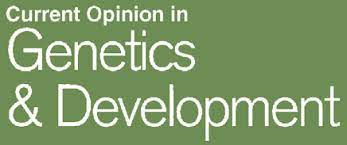Guojie Zhong
(钟 国杰)
PhD in Systems Biology, Postdoctoral Research Associate at New York Genome Center.

New York Genome Center
Ren Lab
101 Avenue of the Americas
New York, NY 10013
I am currently a Postdoctoral Research Associate in Dr. Bing Ren’s lab at the New York Genome Center.
I build biologically-inspired machine learning models to bridge the gap between complex diseases and effective treatments, deciphering disease mechanisms from high-throughput genomics data to identify new therapeutic targets.
My current research interests include:
- Building DNA sequence-to-function foundation models that predict cell-type-specific transcriptional regulatory grammar in the human brain.
- Neuropsychological disease mechanism discovery utilizing a combination of high-throughput screening techniques and deep learning.
- Generative deep learning models for synthetic regulatory element design.
Previously, I had the honor of completing my PhD under the guidance of Dr. Yufeng Shen at the Department of Systems Biology, Columbia University.
My past work has spanned several areas including:
- Single-cell spatial transcriptomics and cancer immunology: CSOmap, Hepatocellular Carcinoma
- Statistical genetics and developmental disorders: VBASS, EA/TEF
- Missense variant effect predictions: PreMode, RESCVE, MisFit
Prior to Columbia, I earned my B.S. in the Integrated Science Program at Peking University with training primarily in biology, statistics, and computer science. I was privileged to work in Dr. Zemin Zhang’s Lab for my undergraduate thesis on developing computational methods to infer cellular spatial organization and cellular interactions from single-cell genomics data.
In my free time, I enjoy playing fingerstyle guitar and badminton, both of which require a balance of power and control.














